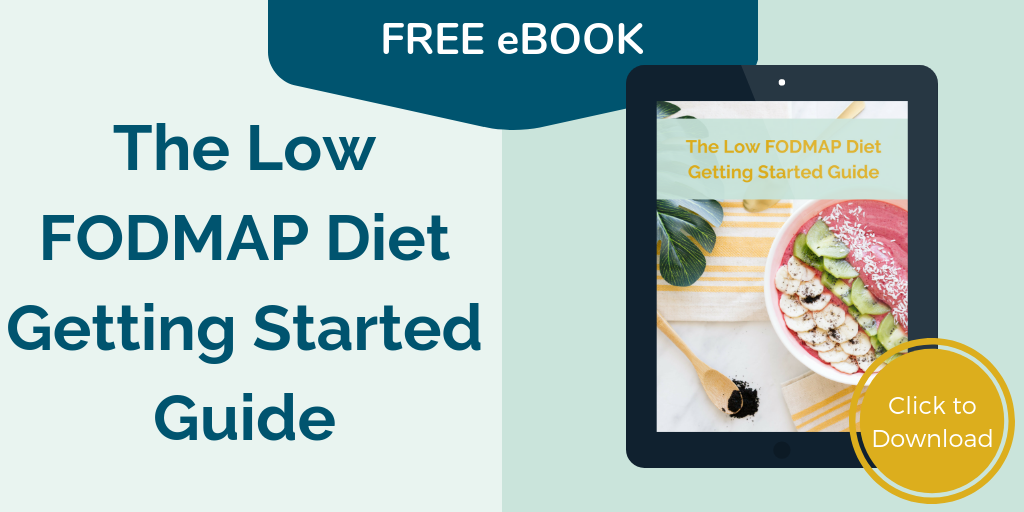Nothing says good morning like a hot cup of coffee… to many people. I think most of my clients LOVE to wake up to a cup of coffee, sometimes the first thing they put in their bodies in the morning… until we start to talk about the effects on your gut. Coffee consumption in Canada is second only to water – we sure do love it here! Should we thank Tim Horton? The research surrounding the benefits and consequences of coffee consumption is a mumble jumble of conflicting evidence; however one thing is very clear, everyone’s body responds differently. Some people drink a cup of coffee right before bed and can have a sound sleep, whereas others are sent jumping off the walls with a single sip. If I have learned one thing from working with clients suffering from IBS and digestive distress, it is how different each person’s body is. Everyone is sensitive to different things and everyone reacts in a different way to food, stress, and the environment. The most important thing is to understand how your body responds.
The caffeine found in regular coffee is considered a gut stimulant. This means that coffee increases movement in your digestive tract. Many people experience a bowel movement very shortly after drinking a cup of coffee and for others, especially those with digestive distress, they may experience excessive gas or bloating or even diarrhea with coffee consumption. Perhaps you haven’t realized your morning cup of joe may be the reason you have to go! For some people this is the perfect natural laxative to ensure they stay regular and can be wonderful for those that have a little constipation. However, let’s get graphic for a minute, many of those with IBS and other digestive diseases who suffer from diarrhea, loose stools, and/or multiple bowel movements each day will find relief in avoiding caffeine as well as other “gut stimulants” like alcohol and nicotine.
If you’re a regular coffee drinker you probably just laughed at the thought of giving up caffeine cold turkey. So instead let’s talk tip and tricks for reducing the affect of caffeine.
1. One Step at a Time: In my practice, the Clairmont Digestive Clinic, I recommend starting slow if needed. If you drink two cups of regular coffee a day try making your second coffee decaf or drink both as half-caf.
I know it seems like caffeine is the culprit to blame for coffees negative digestive side effects, but some research shows that there may be other compounds in coffee that can stimulate the bowels. One study compared the consumptions of caffeinated coffee, decaf coffee, and water. The regular coffee caused the greatest increase in colonic activity (muscle movement in the colon which increases movement of food through the digestive tract) – that’s 60% more movement than water and 25% more than decaf. So although switching to decaf may help decrease active bowels, you may need to cut it out completely to see the most benefit
2. Find an alternative source of energy: Many of us have become reliant on caffeine as a source of energy to get us through the day. So if you are going to reduce the amount of caffeine you consume, figure out how to re-energize another way. Consider improving your sleep, taking a walk during your lunch, open up a window in your office for some fresh air, or make sure you are having enough good energizing foods throughout the day.

3. Add low FODMAP Milk and Sweeteners: Even before you cut the caffeine – switching to a low FODMAP milk and sweetener in your coffee may help to reduce the digestive discomfort your coffee might be causing! Try almond, coconut, or lactose-free cow’s milk which may be easier to tolerate and cause less digestive distress. For more tips on choosing a low FODMAP milk alternative check out our blog post Hold the Lactose. As far as sweeteners go, I recommend raw sugar, white sugar, stevia, or maple syrup which are all low FODMAP and easier to digest. Avoid adding sweeteners high in FODMAPs, such as honey, agave.
4 . Timing is Everything: The colonic response to coffee has been seen in less than 4 minutes in some people – whoah! This means for many, it doesn’t take long before that coffee really makes you have to go. So if your morning coffee is a must, figure out how fast your body typically responds and ensure that when that time comes you have close and comfortable access to a washroom.
You may also find having your coffee AFTER breakfast, on a full stomach may reduce the affect it has on digestive symptoms. Get to know your body better by becoming more aware of the effect coffee has on your digestive system. If you find it does have an effect, make gradual changes that will help you feel better.
The first step if you’re looking to improve irritable bowel syndrome (IBS) or another digestive disorder or disease, is to understand more about the Low FODMAP diet and if it can help. Download my free eBook to help you better understand this diet and get started implementing simple steps to get rid of symptoms like gas, bloating, pain, diarrhea or constipation related to IBS. Click here to get a copy emailed to you right away.
Much love and Good Eating,
Stephanie and the Team


